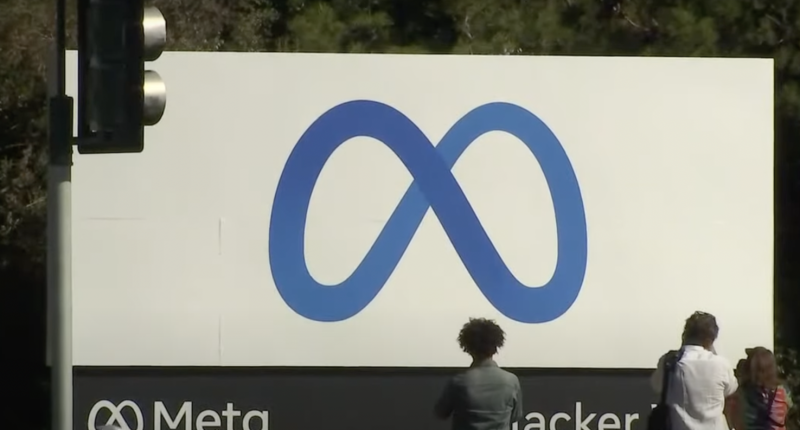The landscape of AI continues to witness fierce competition, with tech giants vying for dominance in this rapidly evolving field. Meta, the social media behemoth, has now taken a significant step forward in this race with the recent launch of its next-generation large language model (LLM), Llama 3, and a comprehensive upgrade to its AI assistant, Meta AI, which is available on Facebook, Instagram, WhatsApp, Messenger and the web.
Building upon the foundation laid by its predecessor, Llama 3 represents a significant leap forward in AI advancement. Meta’s Chief Product Officer, Chris Cox, revealed that Llama 2, released last summer, has been downloaded a staggering 170 billion times. Despite its success, Llama 2 was subject to certain usage restrictions, particularly for companies with large user bases. This is where Llama 3 comes in, and promises greater accessibility and enhanced capabilities.
Benchmarking results indicate that Llama 3, particularly the 70-billion parameter version (Llama 3 70B), delivers performance comparable to established models like Google’s Gemini 1.5 Pro on key tasks like text generation and coding abilities. Meta also equipped Llama 3 with a colossal dataset exceeding 15 trillion tokens, a staggering seven times larger than the dataset used for Llama 2. There are 2 new models — Llama 3 8B, which contains 8 billion parameters, and Llama 3 70B, which contains 70 billion parameters. The Llama 3 models are available for download now.
“With Llama 3, we set out to build the best open models that are on par with the best proprietary models available today. We wanted to address developer feedback to increase the overall helpfulness of Llama 3 and are doing so while continuing to play a leading role on responsible use and deployment of LLMs. We are embracing the open source ethos of releasing early and often to enable the community to get access to these models while they are still in development. The text-based models we are releasing today are the first in the Llama 3 collection of models. Our goal in the near future is to make Llama 3 multilingual and multimodal, have longer context,” the company noted in an official blog post.
While the initial versions of Llama 3 focus solely on text generation, Meta is actively developing “multimodal” iterations of the model. These future versions will possess the capability to process and generate not only text but also images, creating a more holistic and interactive user experience. Furthermore, Meta has outlined its roadmap for future iterations of Llama 3, focusing on the ability to understand and generate text in various languages, as well as further refining core functionalities like reasoning and coding abilities.
With the integration of Llama 3, Meta AI aims to become the “most intelligent free AI assistant” available to users. For one, it will enable the AI to deliver more comprehensive and accurate responses to user queries and requests. It will also allow it to increase its internal knowledge base by incorporating real-time search results from both Google and Bing. This significantly expands the assistant’s capacity to access and process information, allowing it to provide users with a wider range of relevant answers. And if this is not enough, Meta AI will now possess the ability to generate and animate images in real-time based on user prompts, as well as expanded accessibility to over twelve new markets across the globe, including major regions like Canada, Australia, and Singapore.





